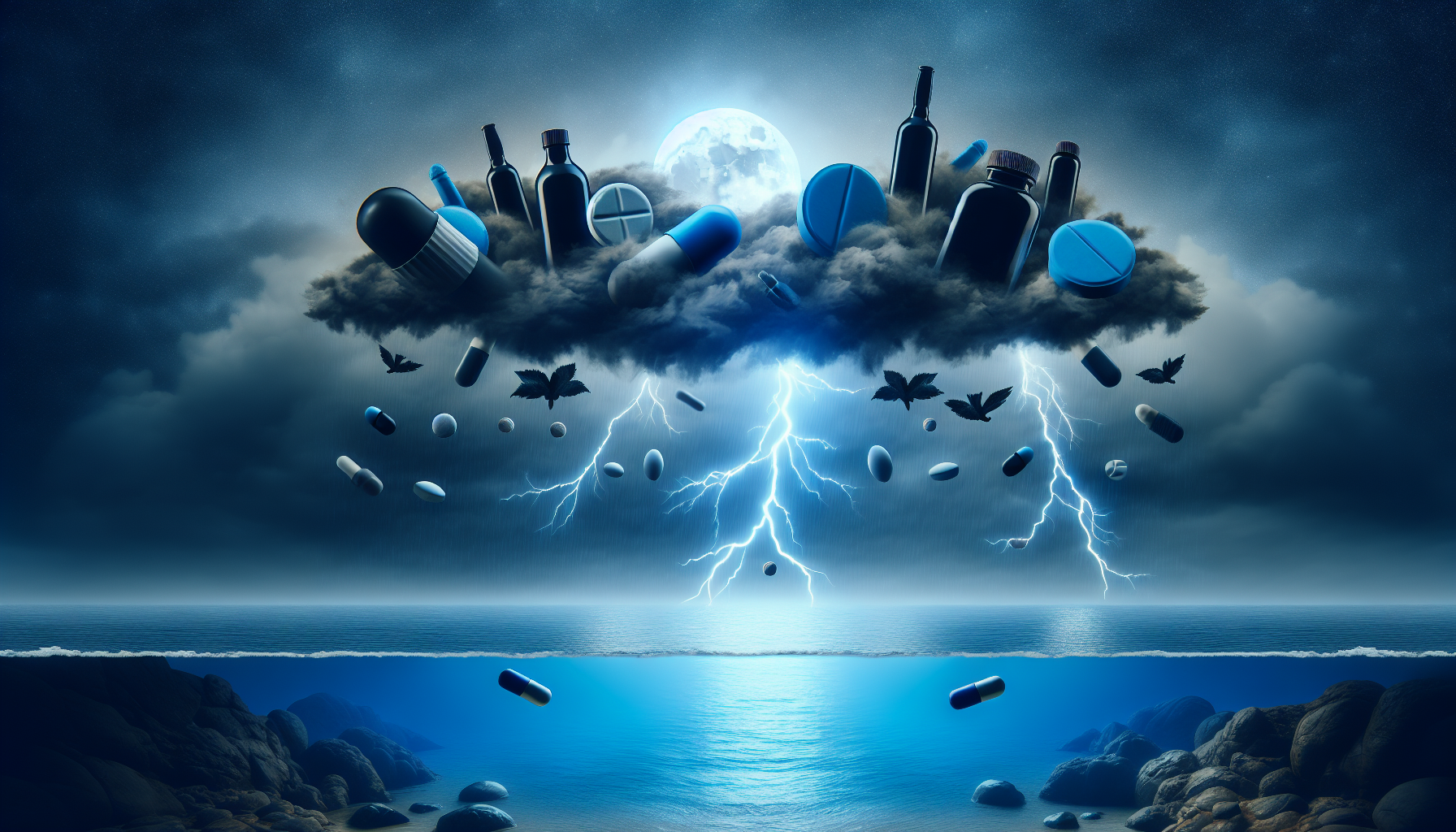Narcolepsy, a chronic neurological disorder that affects the brain’s ability to regulate sleep-wake cycles, can be profoundly impacted by alcohol and drug use. While alcohol may initially induce drowsiness, it disrupts the overall quality of sleep, exacerbating narcoleptic symptoms. Additionally, certain drugs can intensify the excessive daytime sleepiness characteristic of narcolepsy, making it even more challenging for affected individuals to maintain normal everyday functioning. Delving into the intricate relationship between substance misuse and narcolepsy sheds light on the importance of understanding these effects and implementing strategies for managing both conditions effectively.
The Effects Of Alcohol And Drug Use On Narcolepsy
Narcolepsy is a neurological disorder that affects the regulation of sleep-wake cycles. People with narcolepsy often experience excessive daytime sleepiness, sudden and uncontrollable bouts of sleep, and sleep paralysis. While there is no cure for narcolepsy, various medications and lifestyle changes can help manage the symptoms.
However, it is essential to consider the effects of alcohol and drug use on narcolepsy, as they can have a significant impact on sleep patterns, medication interactions, and overall symptom management. In this article, we will explore the effects of alcohol and drug use on narcolepsy and discuss important considerations for individuals with this condition.

Alcohol Use and Narcolepsy
Alcohol as a Depressant
Alcohol is classified as a central nervous system depressant, meaning it slows down brain activity and suppresses the central nervous system. While many people may rely on alcohol to relax and unwind, its effects on sleep can be detrimental for individuals with narcolepsy.
Alcohol Consumption and Sleep Patterns
While alcohol may initially make you feel drowsy and help you fall asleep faster, it disrupts the natural sleep cycle. It reduces the amount of rapid eye movement (REM) sleep, the stage of sleep associated with dreaming and essential for overall sleep quality. REM sleep deprivation can exacerbate the symptoms of narcolepsy, leading to increased daytime sleepiness and reduced cognitive function.
Interactions Between Alcohol and Narcolepsy Medications
Individuals with narcolepsy often rely on medications such as stimulants or selective serotonin reuptake inhibitors (SSRIs) to manage their symptoms. However, alcohol can interact with these medications and interfere with their effectiveness. For example, alcohol may enhance the sedative effects of certain medications, further exacerbating sleepiness and impairing cognitive function.
It is essential to consult with a healthcare professional before consuming alcohol while taking narcolepsy medications to understand the potential interactions and risks involved.
Effects of Alcohol on Excessive Daytime Sleepiness
Excessive daytime sleepiness is one of the most debilitating symptoms of narcolepsy. Alcohol, being a depressant, can intensify this symptom and make it even more challenging to stay awake during the day. Moreover, it may increase the risk of microsleep episodes, where individuals briefly fall asleep without intending to, leading to potential accidents or injuries.

Drug Use and Narcolepsy
Stimulant Medications for Narcolepsy
Stimulant medications, such as modafinil or methylphenidate, are commonly prescribed to help manage narcolepsy symptoms. These medications increase alertness and reduce daytime sleepiness by stimulating the central nervous system. However, drug use, especially recreational drugs, can have unforeseen interactions with these stimulant medications.
Interactions Between Stimulant Drugs and Recreational Drugs
Recreational drugs, such as cocaine or amphetamines, can have stimulant effects on the central nervous system. When combined with prescribed stimulant medications, these interactions can potentially lead to overstimulation, increased heart rate, and other adverse effects. It is crucial to avoid combining recreational drugs with narcolepsy medications and to disclose all drug use to your healthcare provider.
Effects of Stimulant Drugs on Narcolepsy Symptoms
When used as prescribed, stimulant medications can significantly improve wakefulness and reduce excessive daytime sleepiness in individuals with narcolepsy. However, the misuse or abuse of these medications can have adverse effects on both physical and mental health. It is essential to follow the prescribed dosage and guidelines provided by your healthcare professional to avoid the risk of dependency or other complications.
Concurrent Substance Use Disorders and Narcolepsy
Narcolepsy patients may be at a higher risk of developing concurrent substance use disorders, primarily due to self-medication attempts to cope with the overwhelming symptoms. Substance use disorders can further complicate the management of narcolepsy symptoms and hinder overall treatment success.
It is crucial for individuals with narcolepsy and substance use disorders to seek help from healthcare professionals who specialize in managing both conditions. Treatment plans should be tailored to address both narcolepsy and substance use disorders simultaneously for optimal outcomes.
Treatment Considerations for Narcolepsy Patients with Substance Use Disorders
For individuals with both narcolepsy and substance use disorders, an integrated treatment approach is crucial. This approach involves addressing both conditions simultaneously to ensure effective symptom management and recovery. Treatment may include a combination of therapy, medication management, and lifestyle modifications.
It is essential to work closely with healthcare professionals who have expertise in treating both narcolepsy and substance use disorders. Maintaining open communication and adhering to the recommended treatment plan are essential for achieving the best outcomes in managing both conditions effectively.
In conclusion, alcohol and drug use can have significant effects on narcolepsy, including disruptions in sleep patterns, interactions with medications, and exacerbation of symptoms. It is important for individuals with narcolepsy to be aware of these effects and make informed decisions regarding alcohol and drug consumption. Consulting with healthcare professionals and following prescribed treatment plans are crucial steps in effectively managing narcolepsy while avoiding potential complications associated with substance use.
